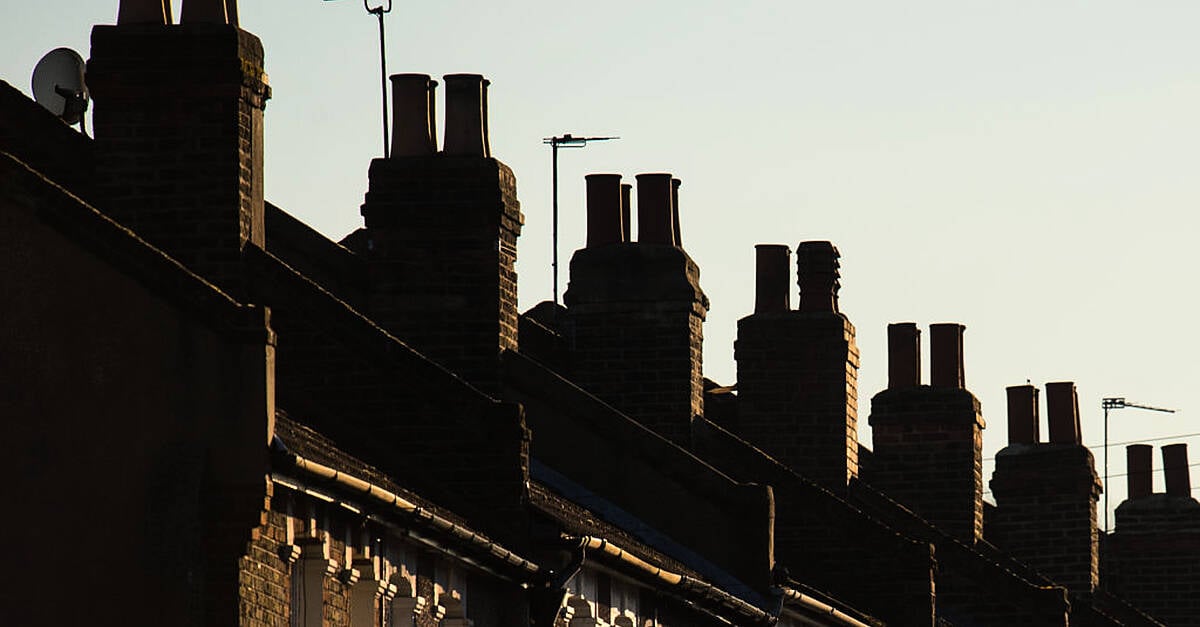I was talking about 100K rental properties.
Miss type on my part.
My point stands regarding rental properties sold to owner occupiers.
I was talking about 100K rental properties.
While difficult to compare because of different controls it seems clear to me that it is the rental sector which is in crisis.
Exactly! So why is there such an emphasis on getting landlords into the market when they do not actually create any stock? They simply compete with prospective owner-occupiers for the same property.
The reality what's causing them to compete is lack of supply. Not landlords.
Well the nature of the property market is such that the rental stock and owner occupier stock is always 'competing'......but competing is the wrong word cause that suggests some kind of zero sum game going on.
they'll fail to meet their housing targets and will have no story to tell at 2029 election....and you'll get a government of the left in power then that goes down the socialist housing route which will be a double disaster
These two sentences sum up the situation. The RPZs particularly the 2% or inflation rule nuked the market.In doing so they nuked the market.
20yrs of political incompetence to deal with a problem completely within our own domestic control.
Which do you mean? In situ? Open market rents? Cost rental rates? Any decline should also be "real" fall, not necessarily a headline one.The aim of public policy should be to halve market rents from current levels.

It's why the RPZ introduction was such a cowardly move by the politicians couched as it was in the language of helping citizen renters.....lets be clear.....the RPZ wasn't introduced to help renters....it was introduced to help the incumbent politicians of the day sidestep the embarrassment of extreme rental price inflation which they knew was the true real time scorecard on what a poor job they we're doing re:housing supply. What made it doubly toxic (apart from its nakedly political motives) is that removing the price signal itself meant housing supply was going to be impaired (and it was)....they then doubled down on the cowardice during COVID by capping RPZ increases to 2% when CPI was heading towards 10%). In doing so they nuked the market.
Indeed my guess on all this housing meddling (without any data to back it up simply intuition) is that RPZ v1.0 and then v2.0 has misallocated supply away from the rental sector into the owner-occupied sector (all things being equal). Which is say that rents (non-RPZ rents) are higher than they would otherwise have been minus any government meddling and all things being equal house prices would be a little higher. (but constrained overall by what I've said above - Incomes X lending multiples) RPZ meant that the full fire of the aggregate under-supply problem was channelled into the rental sector and into market set rental rates.
/static.texastribune.org/media/files/ad92c4ff3a31baf4facd3f78006428d6/1002%20ATX%20Urban%20Sprawl%20JV%20TT%2017.jpg)
:watermark(cdn.texastribune.org/media/watermarks/2024.png,-0,30,0)/static.texastribune.org/media/files/8b777d6efea9d68dace2d0f8a09623fc/0516%20Austin%20City%20Council%20Housing%20MC%2022.jpg)